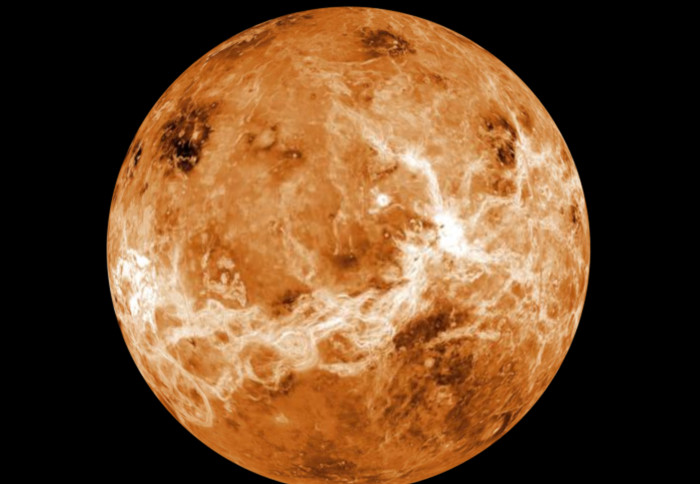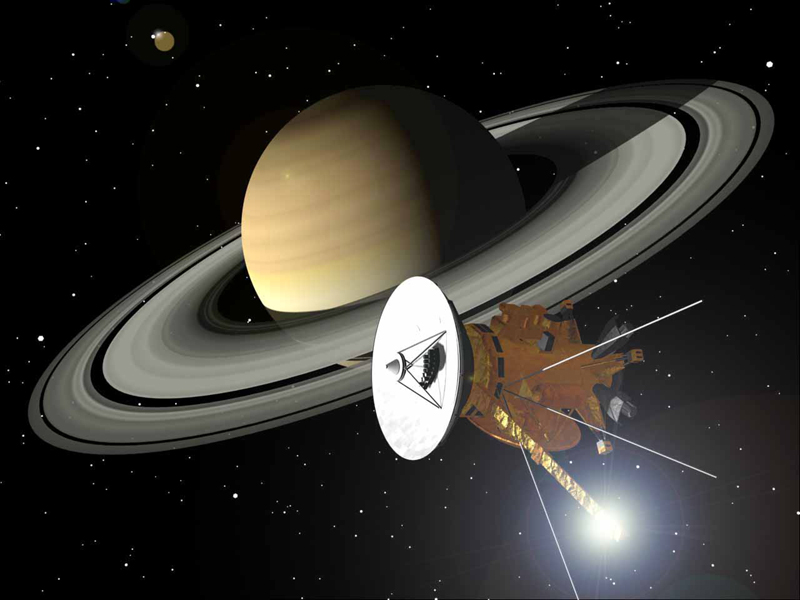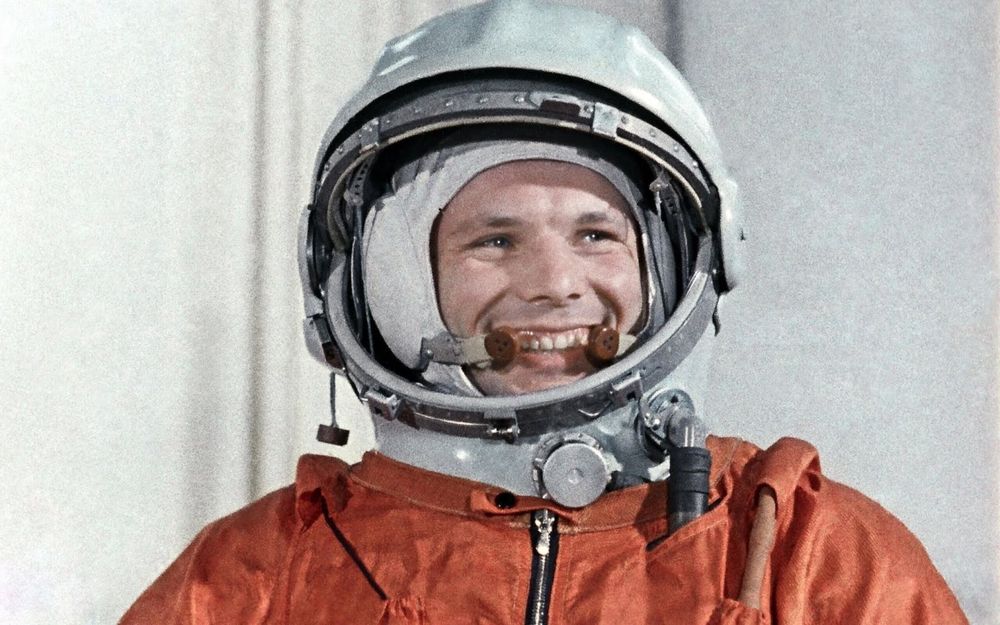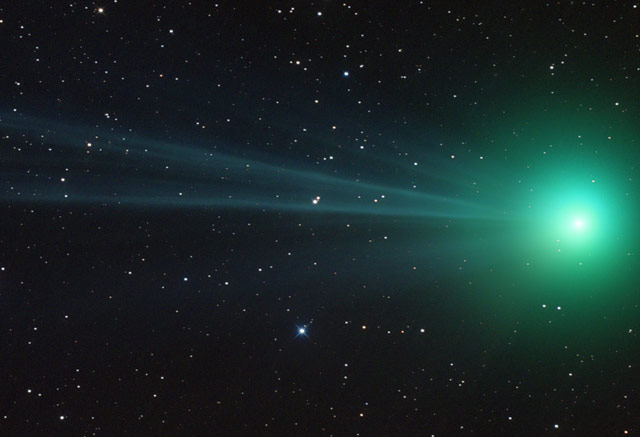Teaching Moon Phases and Eclipses - Astro News from BellaOnline.com #393
Hi everybody
Here is the latest article from the Astronomy site at BellaOnline.com.
Moon Phases and Eclipses – Help for Teachers
Moon phases and eclipses are easily seen, but rather abstract to understand. The first section of this article lists the basic concepts with some links to diagrams. The sections that follow suggest resources for teachers, both lesson plans and short videos available online.
http://www.bellaonline.com/articles/art32832.asp
*Birth anniversaries*
(1) August 26, 1918: Katherine Coleman Goble Johnson is an African-American mathematician whose calculations of orbital mechanics were critical to the success of the first and subsequent U.S. manned spaceflights. She celebrated her 100th birthday this year.
(2) August 31, 1913: English radio astronomer Bernard Lovell, a pioneer of radio astronomy and founder of the Jodrell Bank Observatory. The telescope - later named the Lovell Telescope - was for many years the largest steerable radio telescope in the world.
*Launches*
(1) August 25, 2003: NASA's Spitzer Space Telescope – the infrared telescope is still functioning.
(2) August 27, 1962: NASA's Mariner 2 to Venus, the first robotic space probe to conduct a successful planetary encounter.
(3) September 5, 1977: NASA's Voyager 1, the first human spacecraft to enter interstellar space. It's now over 143 AU from Earth, i.e., 143 times farther than Earth's distance to the Sun.
*Spacecraft at work*
(1) August 23, 1966: NASA's Lunar Orbiter 1 took the first picture of the Earth ever taken from the Moon.
(2) August 25, 1989: NASA's Voyager 2 spacecraft flew past Neptune. It's still the only spacecraft to have visited Neptune.
(3) August 28, 1993: On its way to Jupiter, NASA's Galileo spacecraft did a flyby of asteroid Ida.
(4) September 1, 1979: NASA's probe Pioneer 11 became the first spacecraft to fly past Saturn.
(5) September 3, 1970: Viking 2 landed on Mars. It was one half of NASA's first astrobiology mission to the red planet.
Please visit https://www.bellaonline.com/site.asp?name=astronomy for even more great content about Astronomy. I hope to hear from you sometime soon, either in the forum https://forums.bellaonline.com/ubbthreads.php/forums/323/1/Astronomy or in response to this email message. I welcome your feedback!
Do pass this message along to family and friends who might also be interested. Remember it's free and without obligation.
I wish you clear skies.
Mona Evans, Astronomy Editor
http://astronomy.bellaonline.com
.
astronomy Newsletter








